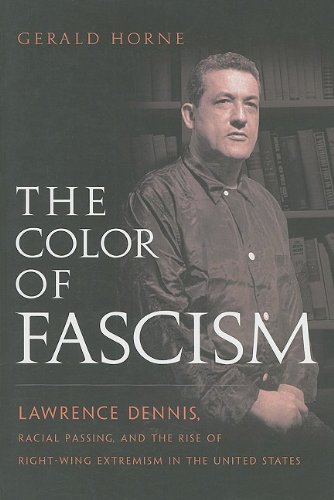Jean Toomer: The Fluidity of Racial IdentityPosted in Articles, Biography, Media Archive, Passing, United States on 2013-05-20 03:57Z by Steven |
Jean Toomer: The Fluidity of Racial Identity
Face to Face: A blog from the National Portrait Gallery
Smithsonian Institution
2012-07-20
Elizabeth Brevard, Intern
Catalog of American Portraits
National Portrait Gallery
Jean Toomer / Marjorie Content / Gelatin silver print, c. 1934 / National Portrait Gallery, Smithsonian Institution ©Susan L. Sandberg |
An author, philosopher, and spiritual adviser, Washington, D.C., native Jean Toomer (1894–1967) challenged the accepted race and social labels during the mid-twentieth century. Toomer’s father left his wife and son in 1895, forcing the single mother to move in with her father, Pinckney Benton Stewart Pinchback, the former governor of Louisiana during Reconstruction and the first U.S. governor of African American descent.
Toomer was of European and African American ancestry, which sometimes allowed him to pass in society as a white man. For example, his registration for the draft identifies him as African American, but both of his certificates of marriage to white women list him as white (Byrd and Gates).
Most of his formative years were spent in all-white neighborhoods, although he attended the all-black Dunbar High School in Washington. The profound and varied racial influences within Toomer’s life would inspire his writing and his philosophical pursuit to transcend the self, as seen in his novel Cane and his poem “The Blue Meridian.”
After his graduation from high school in 1914, Toomer questioned the labeling of race according to skin color, instead embracing his self-appointed identity as an “American.” In his words:
I wrote a poem called “The First American,” the idea of which was that here in America we are in the process of forming a new race, that I was one of the first conscious members of this race. . . . I had seen the divisions, the separatisms and antagonisms . . . [yet] a new type of man was arising in this country—not European, not African, not Asiatic—but American. And in this American I saw the divisions mended, the differences reconciled—saw that (1) we would in truth be a united people existing in the United States, saw that (2) we would in truth be once again members of a united human race (Turner, ed., The Wayward and the Seeking, p. 121)…
Read the entire article here.



